Journal
The American dream through Czech eyes or a year studying in Nebraska
It will be about a year since I boarded a plane to Nebraska at the Prague airport. But the journey itself began long before that. Since my first year I knew that I wanted to travel during my studies, ideally to Switzerland, Germany or America. And it was to the USA that I managed to get.
In January, I learned about the Paul Robitschek Scholarship, which allows a few Czech and Slovak students to travel to America for two semesters at the University of Nebraska-Lincoln (UNL) in Nebraska. The scholarship covers all expenses including airfare, room and board and is only for Czech and Slovak students. It is paid for by the fund of Paul Robitschek, a Czech emigrant of Jewish origin who fled to America during World War II. There he prospered and became rich, and to give other Czechs and Slovaks the opportunity to study where he had succeeded, he donated his fortune to the University of Nebraska.
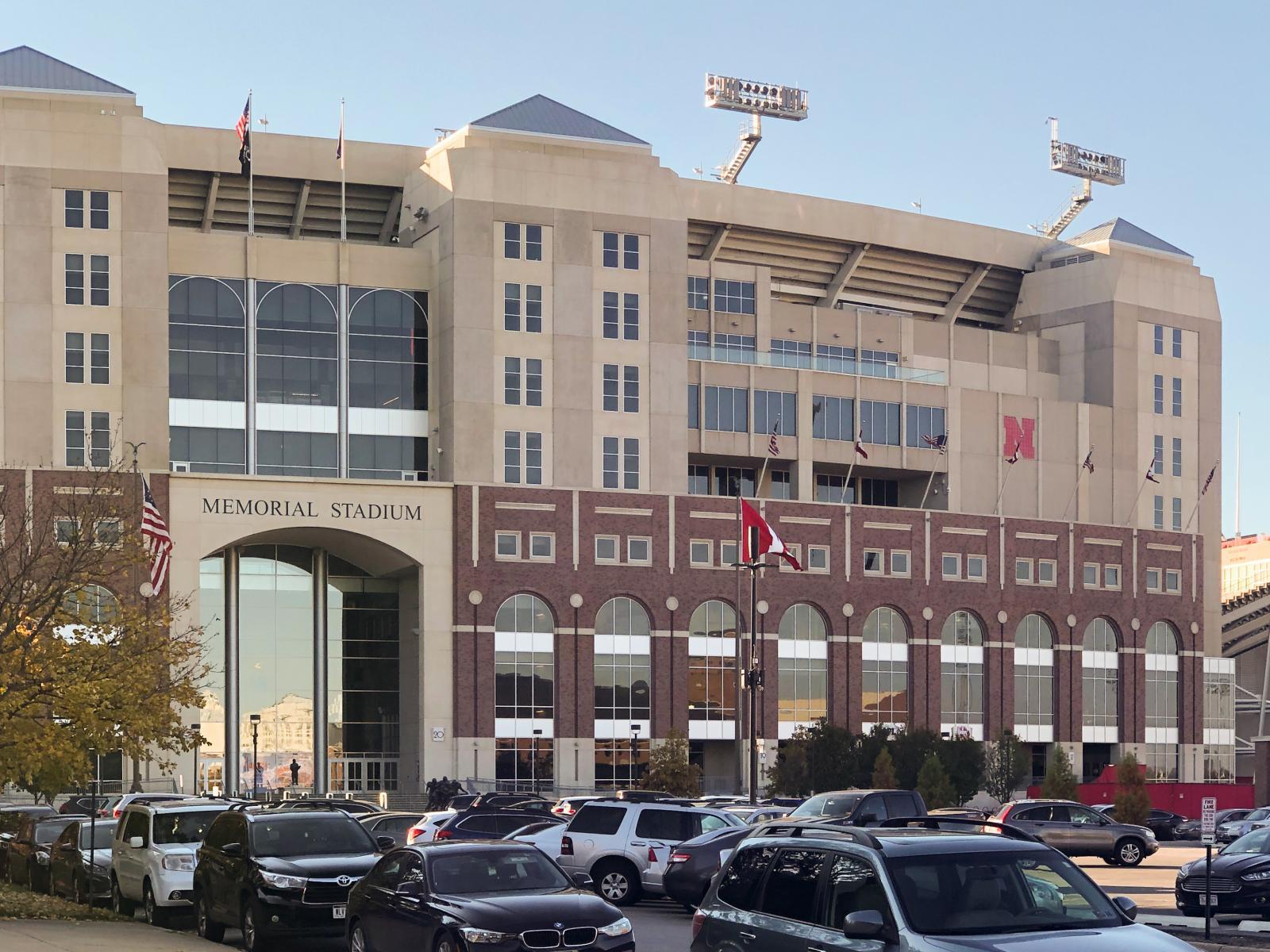
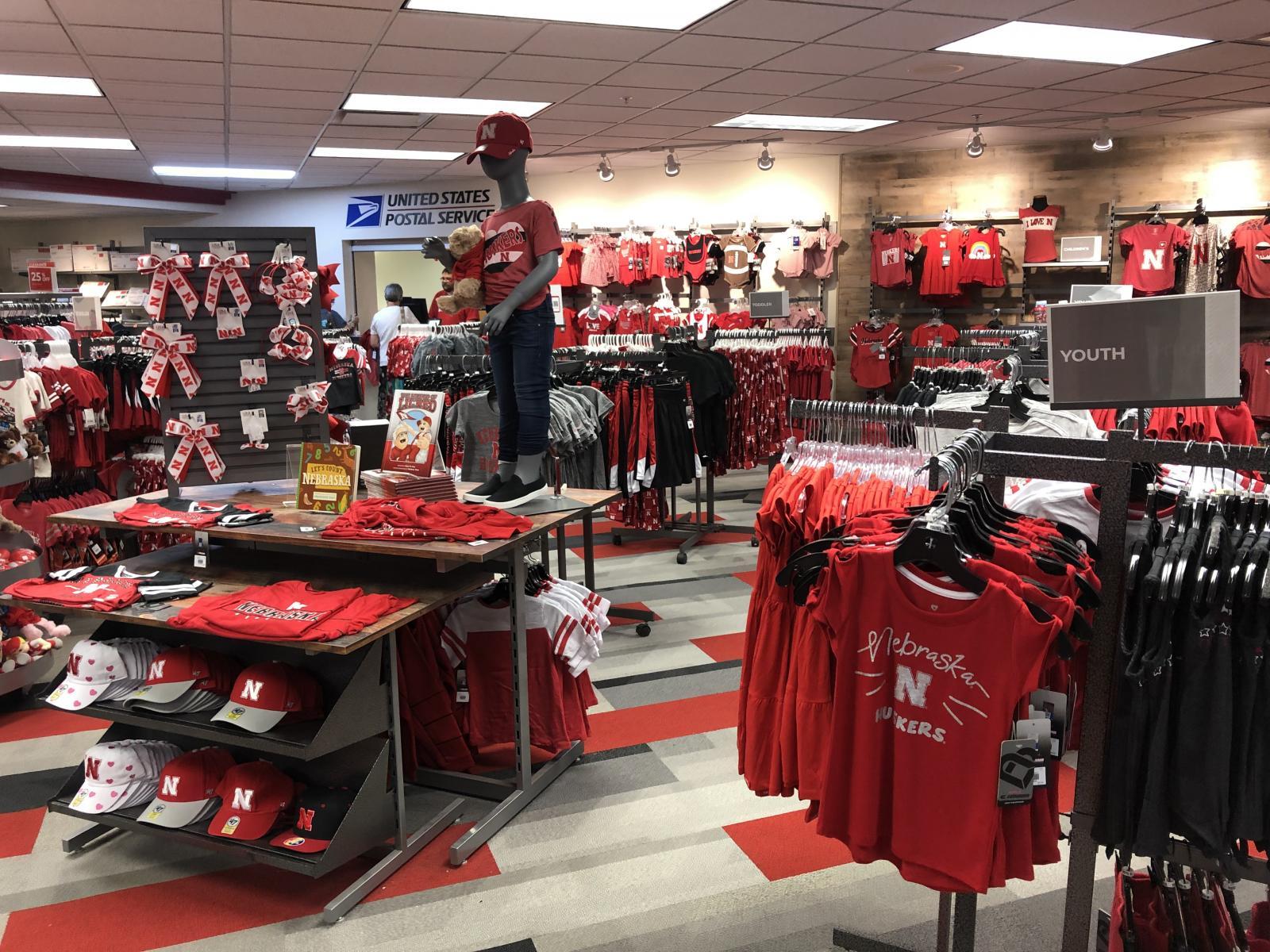
And it was decided. I got a scholarship and I was going to fly to the USA. After a difficult goodbye to my loved ones in Prague, I had three flights in total. The first was the shortest, I flew to Frankfurt, where I boarded a plane that landed in Chicago. The flight took over 9 hours. Then, at Ohare Airport, I found the gate for the last flight, which was less than an hour long and landed directly in Lincoln. The university welcoming committee was waiting for me there. They helped me with my things and took me to my dorm. The dorms were reminiscent of Purkinje in appearance - toilets and showers were shared per floor and there was room for two in the room.
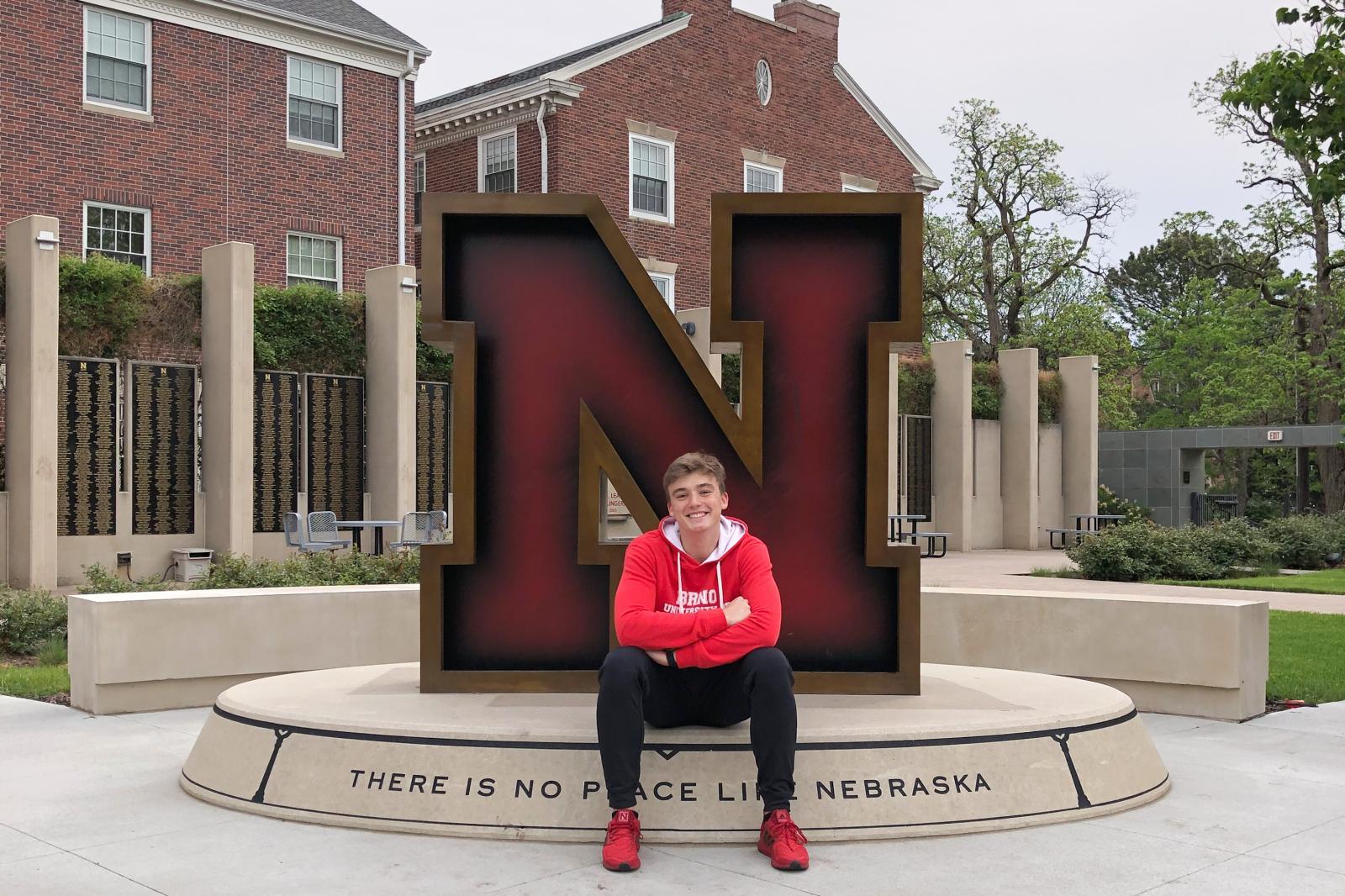
Right next to my dorm was a cafeteria, which to my pleasant surprise was more like a restaurant than a canteen. In fact, part of the scholarship was a "Meal Plan" that included 18 entries to the cafeteria per week. If I had to pay for it out of my own pocket, such meals alone would have cost me more than a hundred thousand for two semesters. The food was served buffet style, where one could load up as much as one wanted. The selection was quite large, but it took me a while to get used to their food. It's hard to describe, but everything tasted a little different, including the vegetables or maybe the eggs.
And what is student life like in America? We've probably all seen the typical American movies, where you often see various fraternities and sororities, you go to parties with red cups, and the jocks are considered the stars of the school, and conversely, members of sororities are labeled as nerds. And as one often thinks that life is like that only in movies (especially American ones), in this way American cinema really reflects reality because that's how it works there. The athletes even have their own facilities at the university stadium, which any Czech team can envy. Even students who have participated in the Olympics or the World Championships, for example, train there.
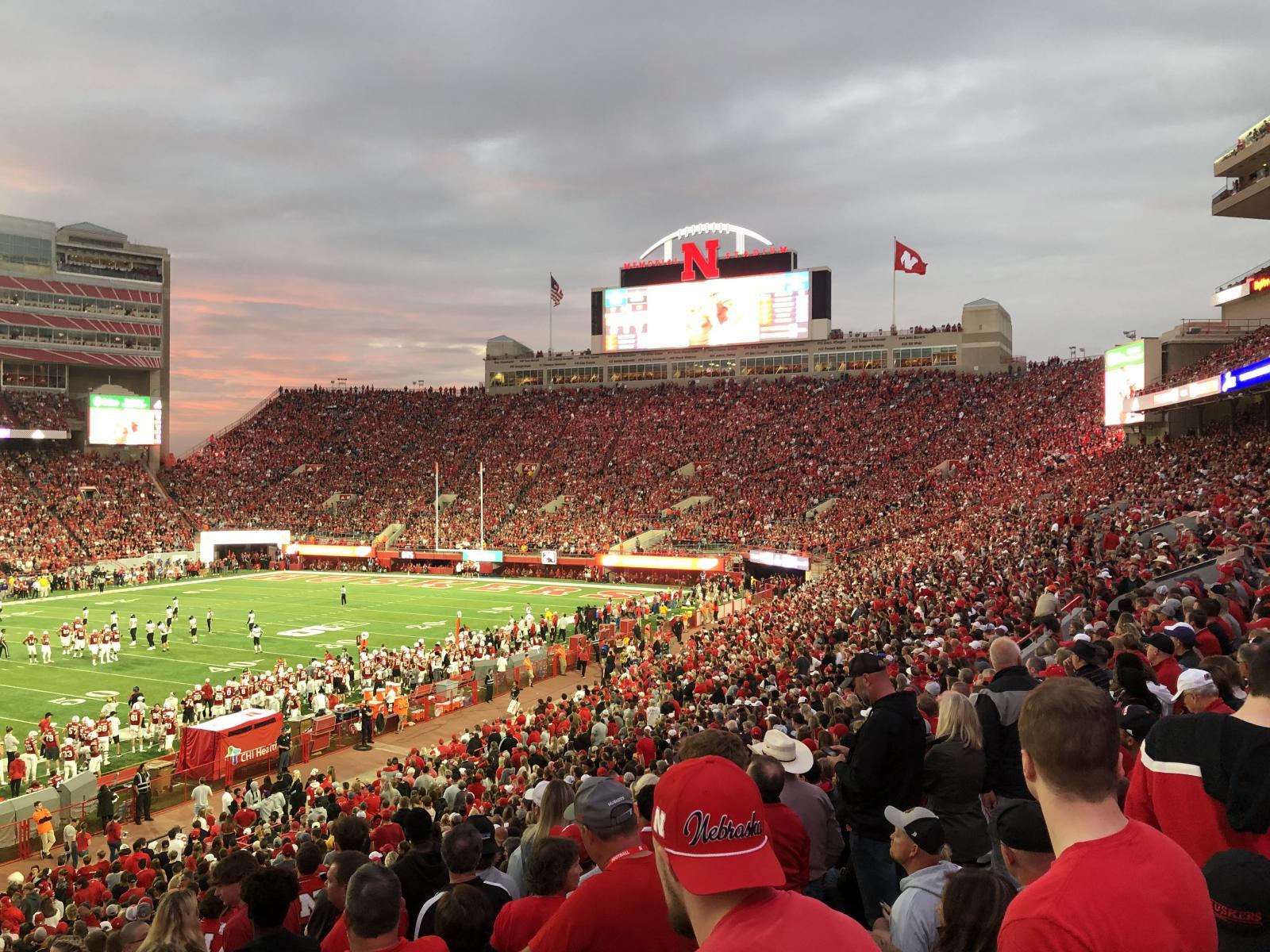
Even the school system is completely different compared to the Czech one. The semester is not thirteen, but seventeen weeks. Everything is more spread out, and instead of several hours of lectures, they have a maximum of 90 minutes and work more in the form of consultations. One is expected to study the material in advance and use the lecture to ask questions. Instead of credit tests, projects and small assignments are done, which are neatly stored in a single application and make up the bulk of the overall grade for the course. Thus, it is not enough to learn just for the credit test and final exam, but it is that much less stressful at the end of the semester. Plus, final exams are usually there to improve the grade. Students in the US put a lot more emphasis on those because the better your grades, the better your chances of getting a scholarship. Tuition fees are really expensive, but a lot of it goes to the campus, which is really top-notch. The school supports dozens of student clubs that any student can join. There is also a fully equipped sports complex. The whole complex is more like a luxury leisure centre than a school building.
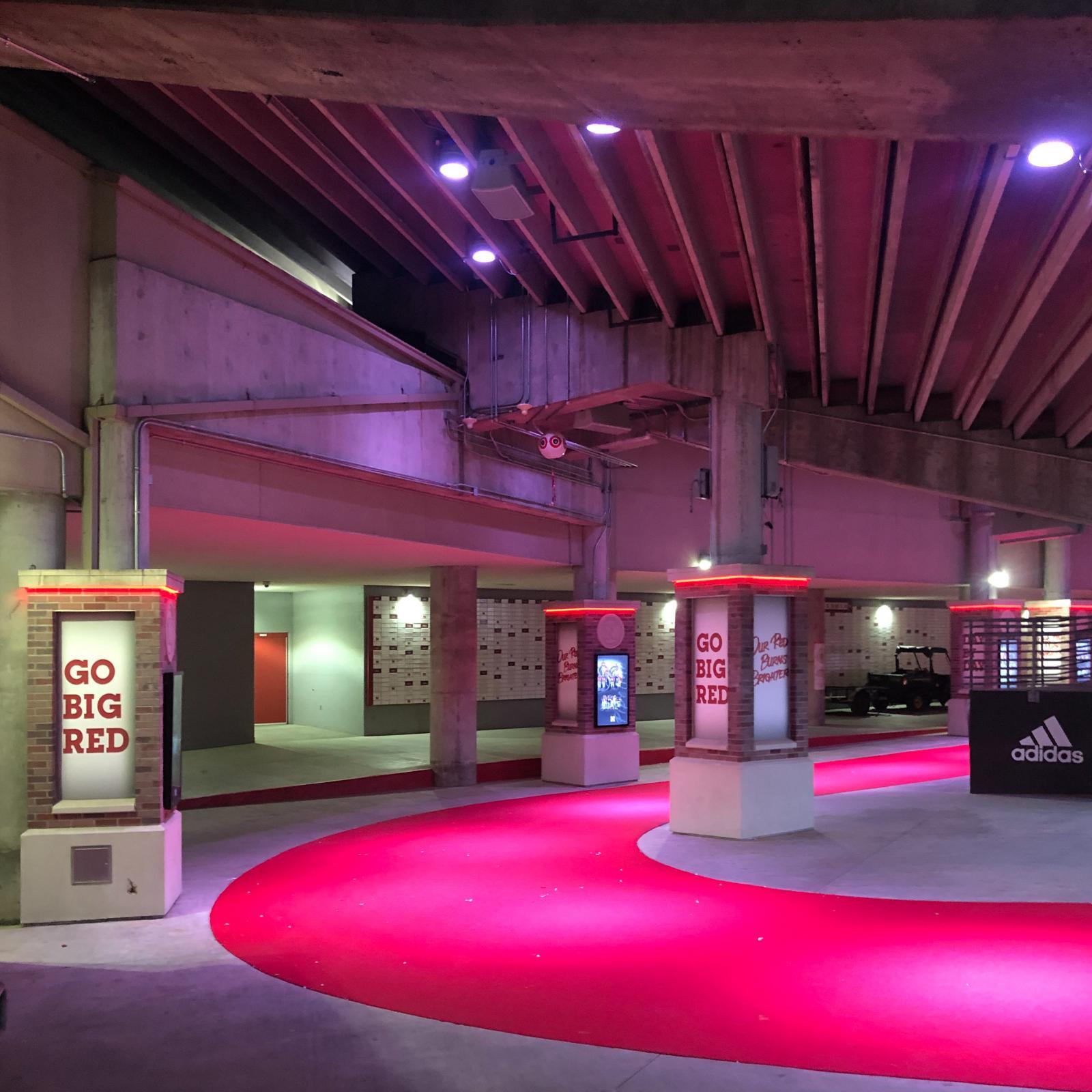
If you have an adventurous nature and are not afraid to travel, I definitely recommend you apply. It's the best experience the school could have given me. You can find all the information you need to know to apply on the university's website, or get in touch with me as well. I would also like to thank all the people taking care of the Robitschek Fund in Nebraska, and especially Greg Jensen, Gregor Fritz, and Carmen Kelle, who have always been willing to lend a helping hand.